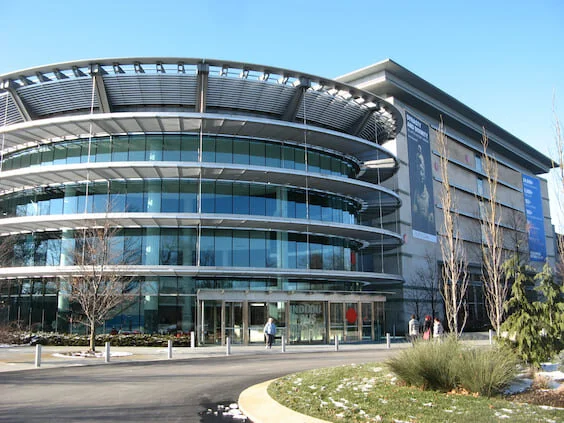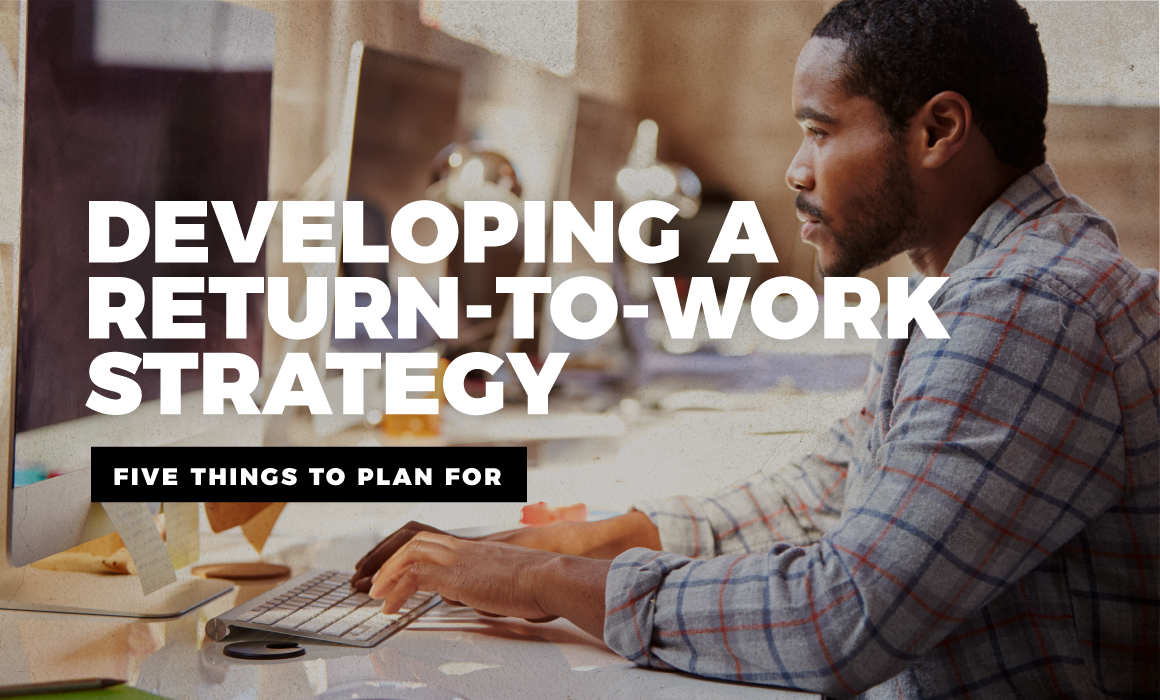Burnout is at crisis levels. Studies show that 30% of nurses leave the profession in the first two years, and at that rate the industry is unsustainable.
The growing demand for staffing and increased operating cost are making life miserable for the healthcare industry. The difficulties of low employee morale and exodus of talent are making many healthcare facilities unsustainable. Yes, the pandemic may have started the dominos to fall, but healthcare has been fighting an uphill battle for years. It is clear, that some will not survive.
As the industry tries to adjust and re-organize it has become more important than ever to be lean and nimble. The first thing that high-volume organizations MUST do is stop the bleeding. Reverse recent staffing shortage trends, keep valued employees, improve staffing ratios, and attract more business to offset the increased cost. Leaders need a new strategy and roadmap to help them navigate through these times successfully.
From crisis to crisis management
Nursing and other clinical professionals are amid a mass exodus that not even higher wage increases can stop. It is estimated that 238,000 caregivers have left the industry. The complex mixture of workload, stressful environment, bad workplace culture, and physical and emotional burnout fueled a full-blown staffing crisis.
Let’s be honest, discontent has been brewing, and leadership has overlooked and undervalued this workforce for a long time, and now they are leaving, and unfortunately, they’re not coming back. Nursing positions are on a decline. Many facilities are simply throwing money at the problem, but it’s not enough to stem the tide. Skilled nursing is on a downward slide to the second-largest employment decline behind dentistry. Contrast that with the fact that the nursing sector saw the largest wage increases in the entire industry.
Currently, the industry is churning and burning CNAs, QMAs, and staff nurses. When you consider the data, 30% of nurses leave the profession in the first two years, which is a huge warning sign that the industry is unsustainable at this pace. Honestly, this problem is much deeper than salary. Everyone is paying more, it’s not just about money; the business model needs to change. There are market pressures, it’s an employee-driven environment lots of enticing alternatives for those who are burned-out health care.
From crisis to long-term vision
Currently, everyone is facing increased demand for services and staffing with diminishing resources; hospitals, nursing homes, and home health agencies are all competing for the same resource pool. Staffing agencies are also elbowing their way in to recruit the best nurses and other professionals to supplement all these facilities. Success can only come by taking a long-term view. The industry needs to do a better job improving its financial position and providing more resources to actually solve the problem.
With stress and burnout, a constant among healthcare workers, organizations will need to take greater steps to accommodate their employees and curb the pressure that causes burnout. Build an environment that uses balance and wellness as a recruiting advantage to lure other clinical professionals to a less stressful work environment.
And above all develop a culture of respect for your team’s time, and what they have to contribute to the overall facility. Leadership must see people as valuable assets and not just bodies to staff a shift. Show the team care. Clinical professionals are looking for greater benefits and wellness support, whether that be through third-party-run childcare, more flexible scheduling, mid-day mental health breaks, or general recognition. The industry must do better and take responsibility for change.
Steps to Minimize Challenges
Build an attractive workplace culture. Many independent living facilities operate with toxic workplace culture. Changing the environment within your facilities isn’t an easy process and it takes time. Nevertheless, it can and should be done. This will require an open mind, trust, patience, tenacity, and a passion for inclusivity. There is no single solution, but there is a process to building a sustainable business model.
First, there must be greater buy-in from organization leadership, from the CEO on down, leaning in to engage, support, and enforce new policies to ensure employee engagement, improve retention rate, and increase productivity. This process is critical for success. According to a new study, over 50% of executives say that corporate culture has a direct impact on productivity, creativity, growth rates, profitability, and the overall value of the organization.
Meaningfully engagement from the staff. Seek employee engagement to get your team enthusiastic and invested in their work and the success of the company. Leaders should conduct night shift and weekend meetings with staff to hear their ideas and concerns. Listening to, respecting, and responding to staff concerns will help identify opportunities to implement meaningful changes that are responsive to employee needs. Following through on these opportunities will help keep valued staff and attract productive new employees.
Engagement will improve job satisfaction, and happy employees are among your best recruiters, so ask for their help and reward those who bring successful new employees into the fold. Using various types of recognition, rewards, or bonuses can be very effective.
A strong pipeline is key. The healthcare industry is not educating enough nurses and other clinical professionals. Consider how expensive crisis staffing and incentives for hard-to-fill shifts are on an annual base. It is time to be flexible, creative, and aggressive when competing for staff.
Look for alternatives to recruit and employ nursing students, QMAs, and certified CNAs. Invest time researching grants, scholarships, and tax incentives for training. Leverage student loan forgiveness for loyal staff to upskill and advance their education.
Be creative and flexible using nontraditional shift schedules; explore the use of technology to target and attract alternative staff. Develop a specific system to manage crisis staffing and hard-to-fill shifts. Consider enhanced premiums and rewards for those who step up to take on the weekend and last-minute night shifts.
Remember that flexibility in scheduling is big. Meeting the staffing demand of this high-pressure industry requires a nimble workforce. Look at pooling resources from several facilities to build an internal task force of temporary workers who are willing to work emergencies and on-call shifts. This will offer greater bandwidth to cover the most demanding time slots.
Recruiting for these teams may appeal to younger nurses who are single, and with no kids. Dedicated task force teams should rotate every other month, and for high-demand seasons; flexible scheduling, assignments close to home, work sharing, or split shifts are ways to better accommodate different employee lifestyles.
Money talks. Recognize that a better plan will cost more money and time in the short run. However, changing the process and protocols to better address crisis staffing issues may not necessarily be as costly as continually running in crisis mode. These changes will lead to keeping more employees, improving patient satisfaction, and creating a more satisfying work environment for everyone. Emphasize flexibility and creativity in finding ways to cover those hardest-to-fill spots on your schedule.
Conclusion
Even in the face of tremendous staffing challenges, organizations that listen and respond to their employees will fare better. Successful leaders will take creative approaches to push their company forward. Leaders can’t be afraid to apply new creative approaches to staffing, it’s the only way to gain competitive advantages, in terms of both recruiting and also in improving their overall business results.
Success requires recognizing business climate changes, building trust-based relations with employees, and leading import collaborations.
DaMar Staffing Solutions of Indianapolis is a full-service, contingency-based recruitment firm, focused on administrative and professional staffing for all industries. There are many staffing agencies, but if you want a staffing agency that will work for you as a partner DaMar is a rare company. With over 20 years of experience, DaMar Staffing Solutions has built a reputation for providing quality service, top-notch professionals, and flexible recruiting solutions for Indiana companies.










